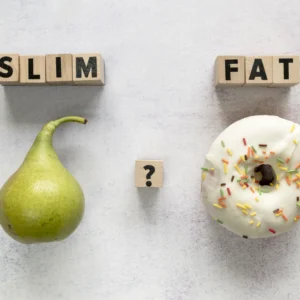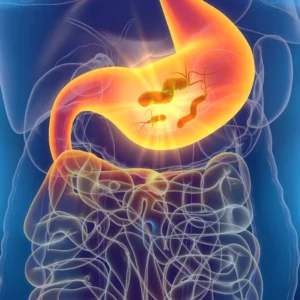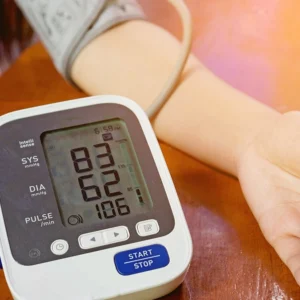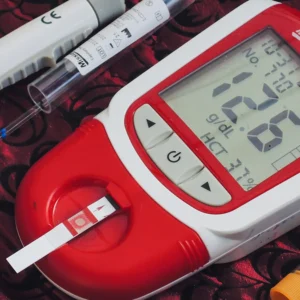In the proper functioning of the body, vitamins play an important role, especially vitamin A and its provitamin – carotenoid. Vitamin A participates in redox processes, regulation of protein synthesis, promotes normal metabolism, the function of cell and subcellular membranes. It plays an important role in the formation of bones and teeth, as well as fat deposits. Carotenoid is necessary for the growth of new cells and slows down the aging process.
Earlier we wrote about another healthy food avocado – 7 Trendy Avocado Toast Recipes for Every Day.
What is Carotenoid?
Carotenoid is a provitamin A that enters the human body through food and is converted into vitamin A. It is a general name for a group of fat-soluble retinoids, including retinol, retinal, and retinyl esters. This component is vital for the functioning of all organs, vision, reproduction, immune function, and intercellular communication. Carotenoid and vitamin A are fat-soluble vitamins, so the consumption of fats is necessary for their absorption.
What Type Of Products Are Characterized By Carotenoid Content?
The name of the provitamin comes from the Latin name for carrots. This is the most obvious product containing carotenoids. In varying amounts, it is found in vegetables, fruits, and greens of yellow, orange, red, and dark green colors, i.e., in products of plant origin. When consumed as food, beta-carotene evolves into an absorbable form of vitamin A.
Products of animal origin – milk and its derivatives, meat, fatty fish, seafood – mainly contain vitamin A in a form that can be immediately absorbed by the body. Exceptions are butter and eggs, which contain beta-carotene.
The Role Of Carotenoids In The Body’s Functioning
Vitamin A is one of the most important components for the proper functioning of the body. It is necessary for ensuring proper vision, maintains excellent skin, hair, and nails, is an antioxidant, i.e., protects cells from the negative effects of free radicals and aging, and blocks harmful ultraviolet radiation.
Carotenoids lower cholesterol, prevent the development of atherosclerosis and cardiovascular diseases, and the formation of benign and malignant neoplasms. Consuming foods rich in carotenoids is beneficial during increased physical and mental stress, colds, diseases of the gastrointestinal tract, such as gastritis.
What Are The Benefits Of Orange-Colored Products With Carotenoids?
In this video, you’ll learn about the amazing properties of orange-colored foods that contain carotene. And how they can improve your health, boost your immune system, and give you extra energy.
Top 15 Carotenoid-Rich Products
The most carotenoids are found in the following products:
- Carrots. This is the most well-known vegetable containing carotenoids. When consuming, it is important to remember that a juicy and sweet carrot will only benefit when butter or oil is added. Can be consumed raw or thermally processed.
- Pumpkin. It can be used for pies, casseroles, and porridges. Pumpkins, depending on the variety, contain up to double the amount of carotenoids.
- Sweet pumpkin. It is especially beneficial because it contains a lot of beta-carotene and has a sweet, delicate flavor, allowing it to be consumed raw.
- Sweet potato. One baked sweet potato can easily provide the daily amount of carotenoids.
- Red and yellow apples, oranges, persimmons, papayas, apricots. For the benefit of the body, some fruits should be consumed with the skin.
- Mango. Not only delicious but also very healthy.
- Melon. Juicy, sweet slices will provide half the daily allowance of provitamin.
- Tomatoes, especially yellow and orange ones. In addition to carotenoids, they also contain very beneficial lycopene.
- Sweet bell peppers. Yellow, orange, red, and dark green varieties have an excellent taste and benefit health.
- Spinach. It is better to prefer young, juicy leaves.
- Leaf cabbage. This vegetable is suitable for raw and cooked consumption.
- Mangold – leaf beet. Its tops are great for fresh salads, as well as soups and side dishes.
- Eggs. Carotenoids are contained in the yolks.
- Butter. Natural products contain a lot of carotenoids.
- Dairy products with a high fat content.
Carotenoids tolerate heat treatment quite well, but it is best to consume products containing them fresh.
Daily Carotenoid Dose
The standard daily dose of carotenoids for an adult ranges from 2 mg to 6 mg. During pregnancy or overexertion, the body requires an increased amount of provitamin. Beta-carotene does not have the toxicity of vitamin A, so it is impossible to harm with a large amount of it.
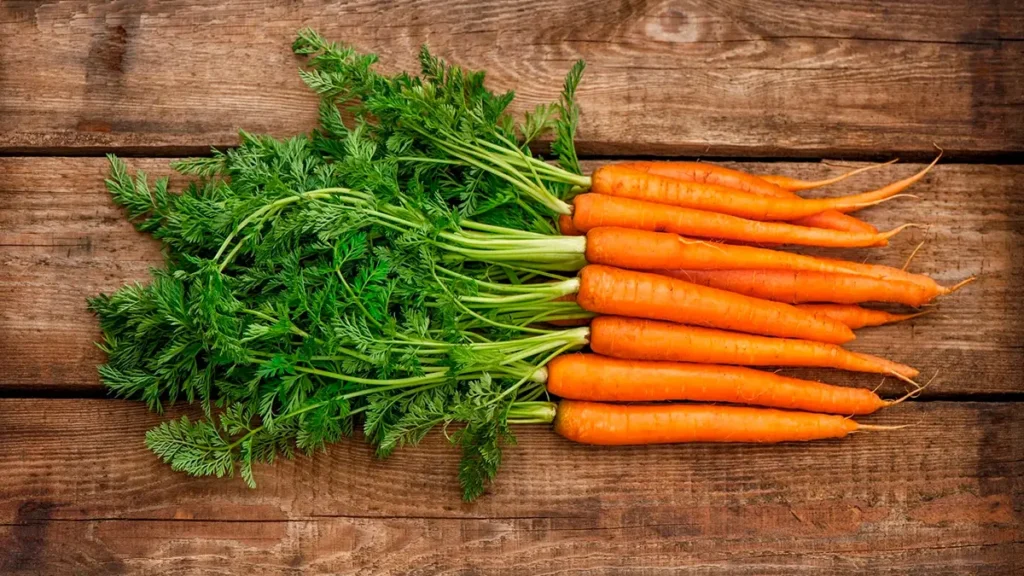
What Does A Lack Of Carotenoids In Food Lead To?
A deficiency of beta-carotene manifests itself in the form of dry and flaky skin, dry and brittle hair and nails, cracks in the corners of the mouth, acne, decreased vision and immunity, especially in the winter and spring periods. Lack of carotenoids is dangerous for young children, as it negatively affects growth, skeletal formation, and mental development.
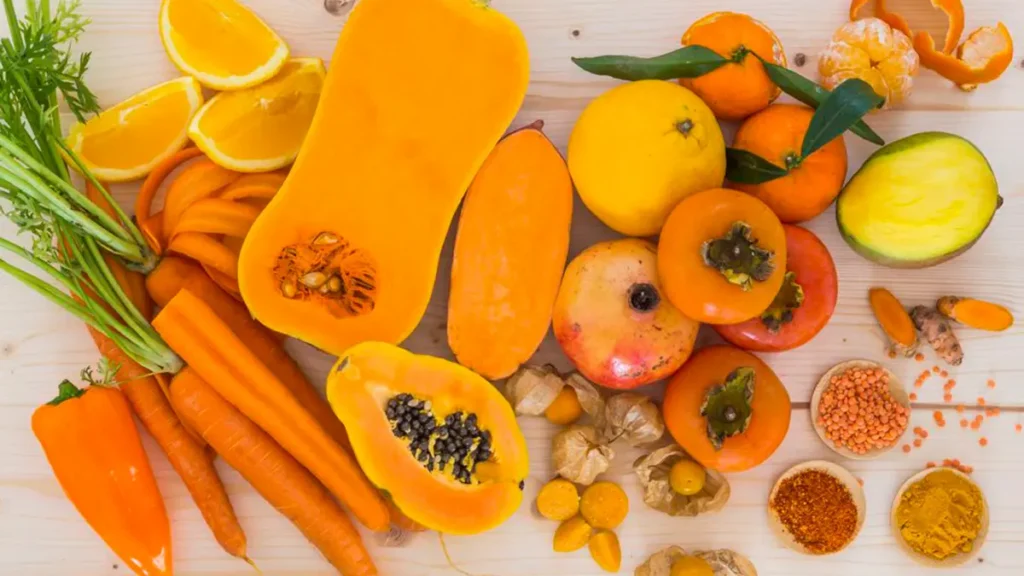
What Does An Excessive Amount Of Carotenoids Lead To?
Vitamin A, especially obtained from animal food or fish, seafood, when consumed in excess, can lead to dangerous overdose. This cannot happen with carotenoids, especially those obtained from plant products. It is important to consider only the fact that most vegetables and fruits with a high carotenoid content have a coloring effect because they contain yellow, orange, or red pigment.
With an excess of carotenoids in food, the skin, sclera of the eyes, and mucous membranes may acquire a yellowish or orange tint. Pigmentation is not stable and disappears after some time when the excess carotenoid is eliminated from the body.
Conclusions
Carotenoid is a vital provitamin, so consuming foods with its increased content will positively affect human health and well-being. A lack of carotenoids can lead to serious illness, which can develop into disease.
Questions and Answers About Carotenoid
It is a provitamin that is converted into vitamin A in the body.
Carotenoid has an antioxidant effect, supports good vision, excellent hair, nails, and skin, affects metabolism and the functioning of the entire body.
With a low intake of carotenoids from food, a person develops dry skin and hair, brittle nails, impaired vision, low immunity, and general malaise.
The most carotenoids are found in fruits, vegetables, and greens of yellow, orange, red, and dark green colors, as well as butter and eggs.





